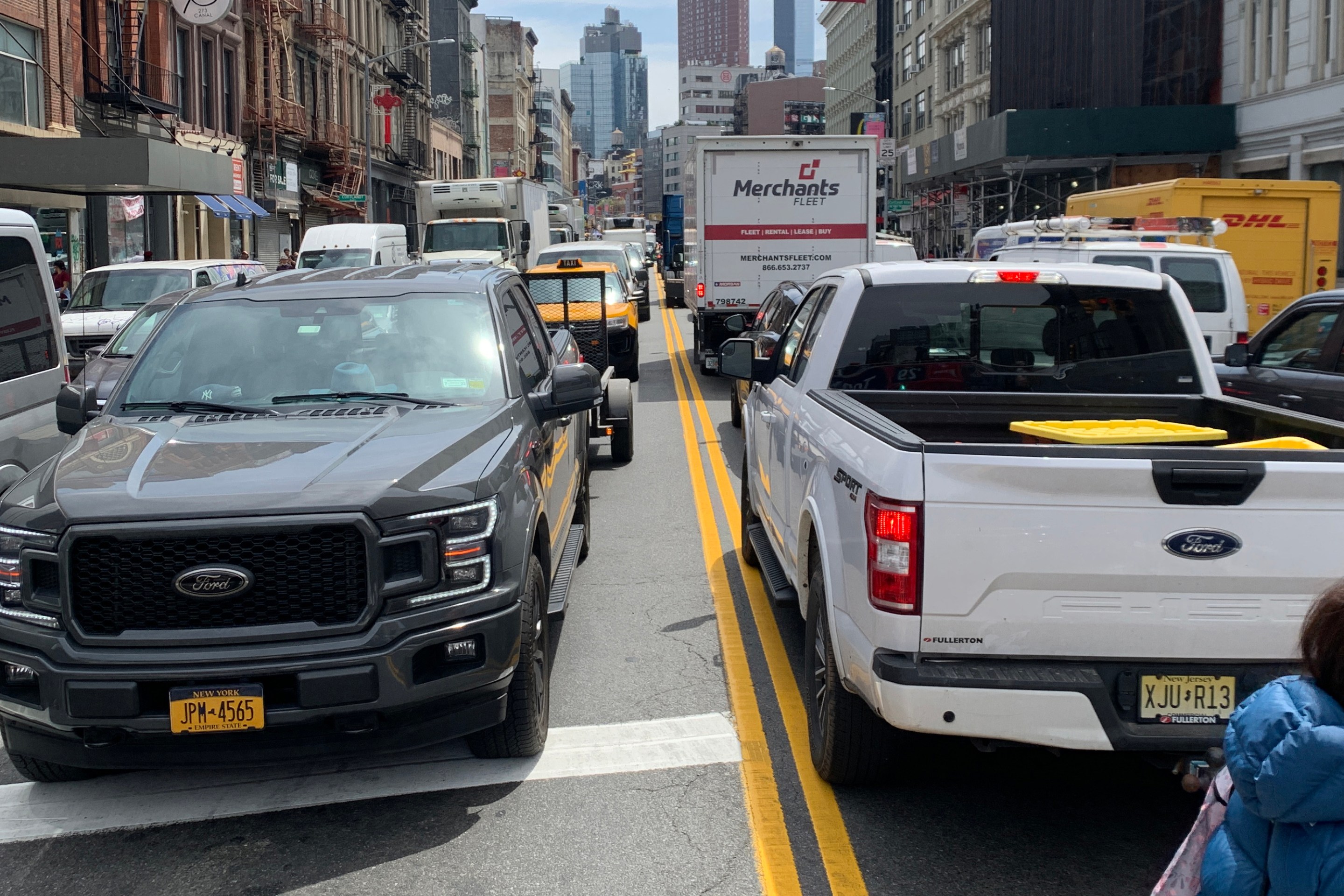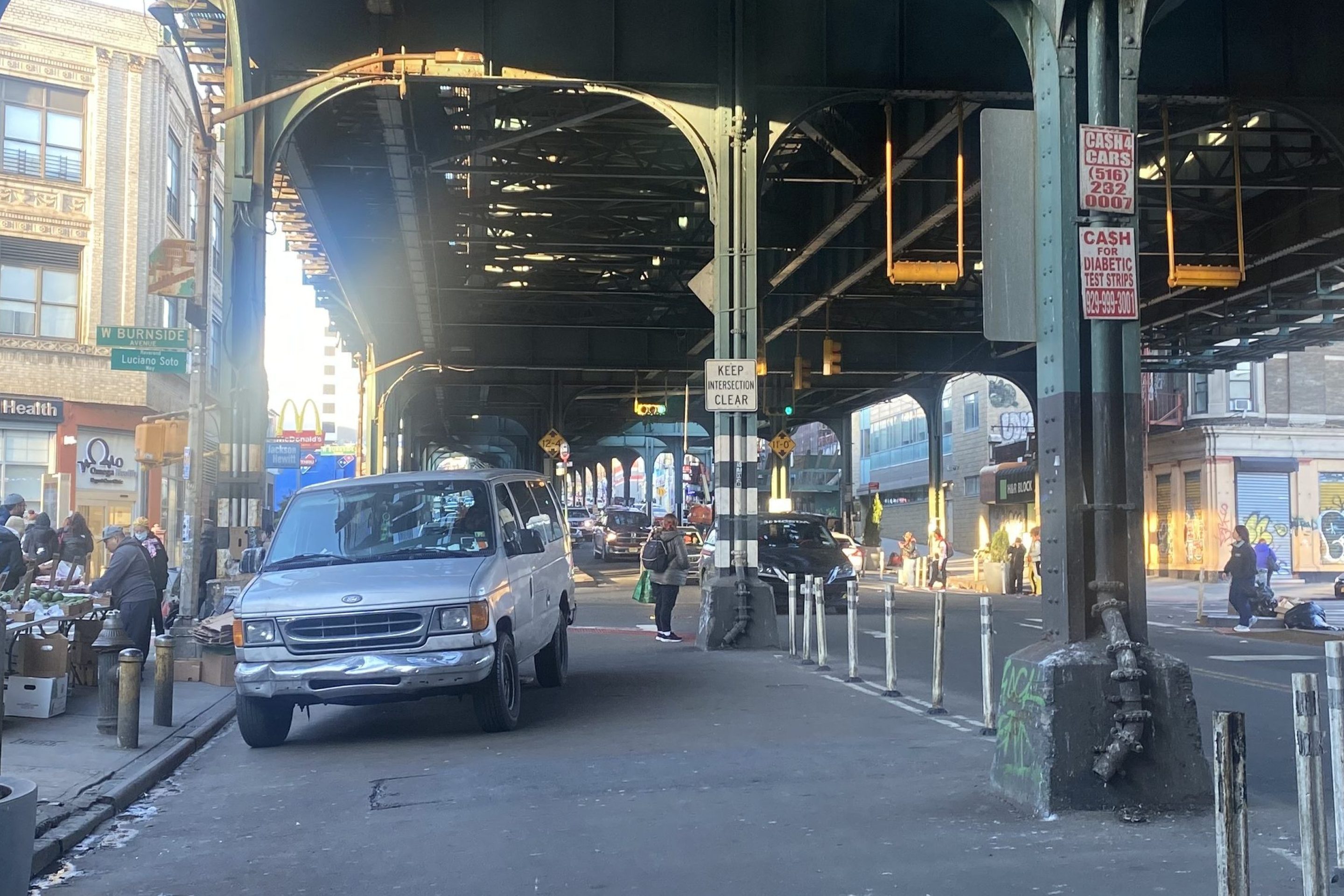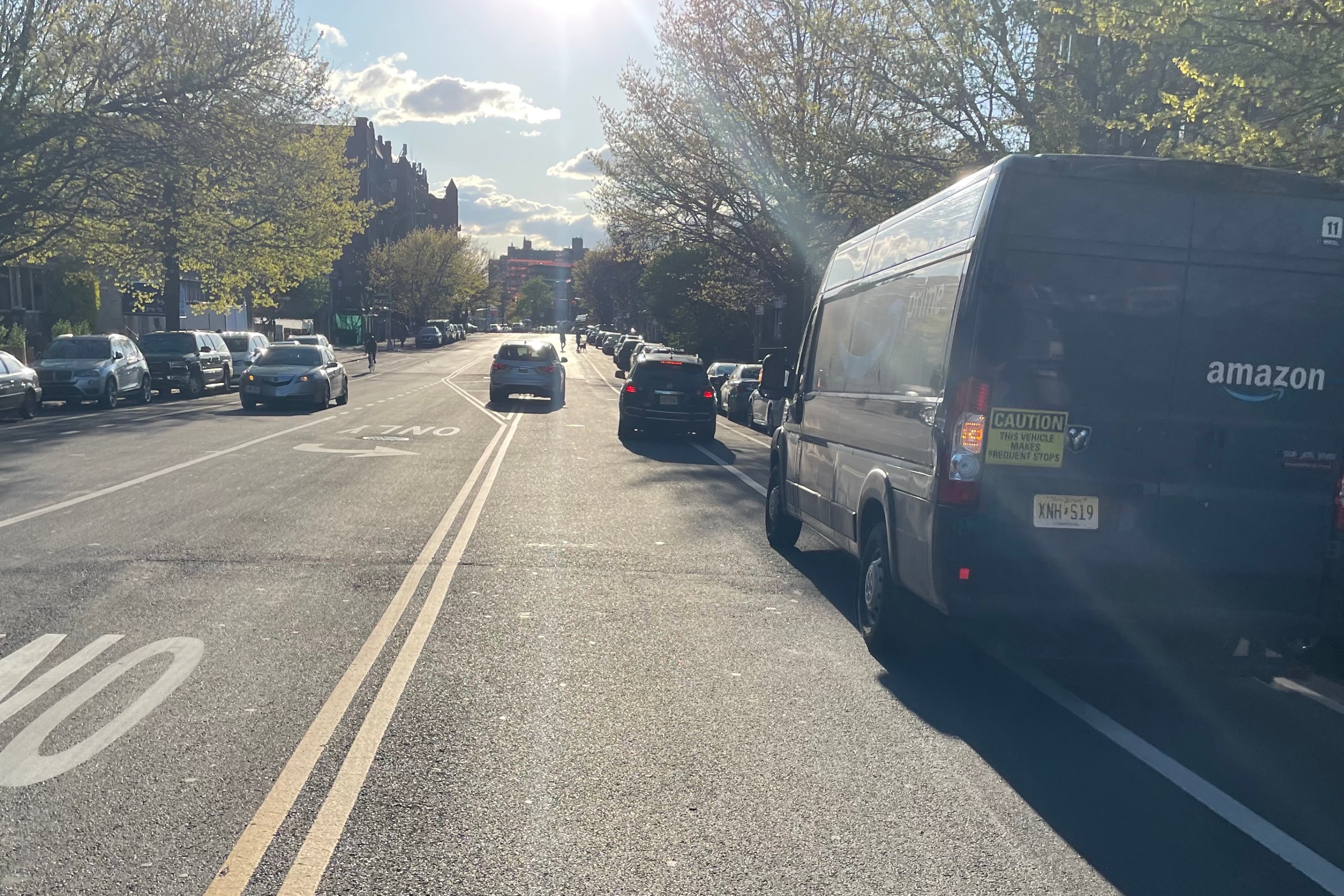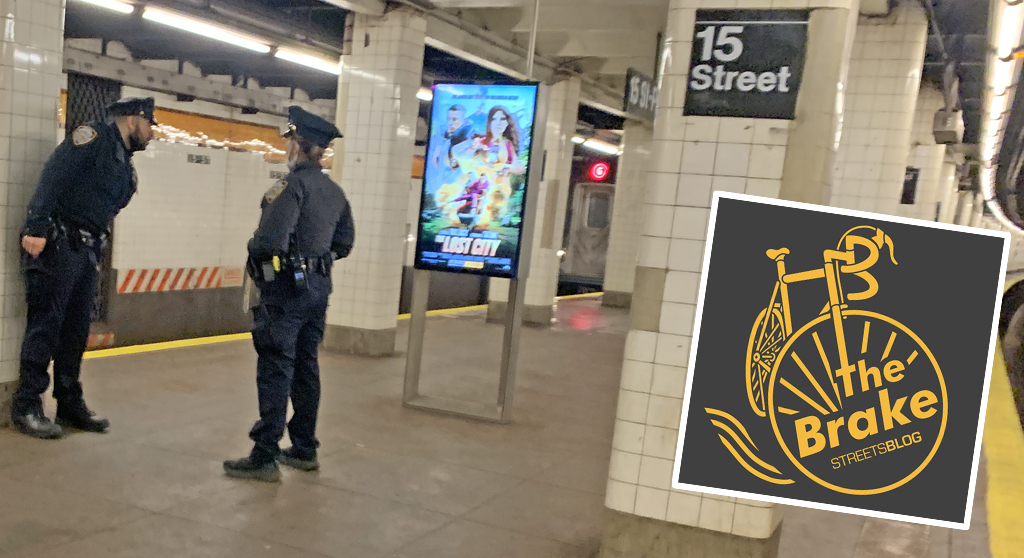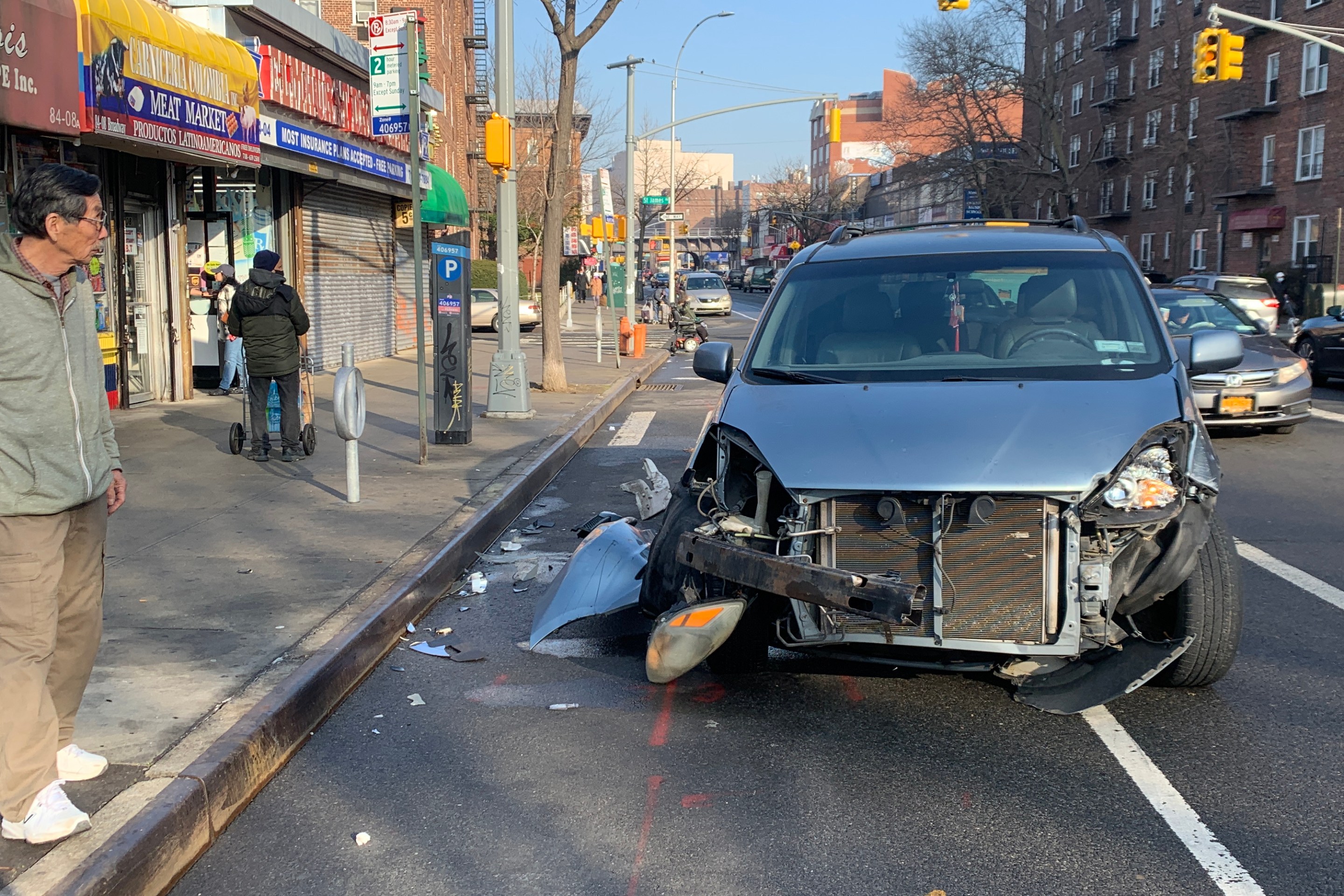New York, New York - February 13, 2007: In an event organized by the New York City Pedicab Owners Association (NYCPOA), concerned pedicab owners, drivers and their supporters will meet on the steps of City Hall at noon to lift the veil off ongoing negotiations to reconcile the Mayor's and City Council's pedicab regulation bills. In particular, the noontime event will highlight how two imprudent "political deals" will needlessly stagnate the environmentally friendly pedicab industry, prevent pedicabs from utilizing the best available safety equipment and exclude the industry's most experienced drivers.
The first "political deal" involves severely restricting the number of pedicabs in operation - a decision whose genesis lies with theater and hotel complaints that groups of pedicabs were blocking traffic in front of their businesses. According to George Bliss, NYCPOA's President, "the pedicab industry wants to be a welcome member of the midtown business community. As such, the theaters' and hotels' concerns became our concerns and we sought to address them through the Council legislation."
But despite proposing numerous solutions, none were accepted. As NYCPOA's lobbyist Chad Marlow of The Public Advocacy Group LLC explained, "first we sought the solution the theaters, hotels and pedicabs all wanted: creating a series of stands where pedicabs could unobtrusively wait for their customers, but that solution was flatly rejected by the DOT. We then proposed a 'Rule of Five' that would have prohibited more than five pedicabs from grouping together while seeking passengers. The Community Board covering the Times Square-Theater District favored that proposal, but the Speaker's office turned it down. We even begrudgingly offered to limit the number of pedicabs in a Times Square zone, but the Mayor said no. We've had no problem coming up with on-target solutions, we just cannot find anyone willing to enact them."
Instead, the Mayor and Speaker are preparing to place a cap on the number of pedicabs. The number being considered, which is in the low 300s, would take 40% of all currently operating pedicabs off the streets. This would stagnate the pedicab industry, drive numerous owners and drivers out of work and create an artificial shortage of pedicabs that cannot meet demand, all while failing to address the theaters' and hotels' concerns.
The second "political deal" reached between the Mayor and Speaker would, without any reasonable justification, ban all pedal-assisted, electric-assist pedicabs. The pedal-assisted, electric-assist power sought by the NYCPOA among others has two elements. First, pedicabs would be allowed to supplement their human power with no more than 750 watts of electric power, which is half the power an average electric lawn mower uses. Second, to ensure electric-assist pedicabs are always operated as bicycles, sensors would prevent electric-assist power from being used unless the pedicab is also being pedaled.
Electric-assist is important because it improves safety. As Amir Chizic, owner of BicyTaxi NYC, explained, "right now my pedicabs operate with a 250 watt motor, which allows me to place a heavy fiberglass shell on them to provide additional protection for my passengers. If the City bans electric-assist, I will just remove the motors and take off the safety shells, but is that what the City wants?" Allowing electric-assist also enables older, more experienced pedicab drivers to remain in the profession. Doug Korman, 53, who has driven a pedicab for 10 years commented that "at my age, after 6 or more hours of driving, when I am pedaling 600-plus pounds of pedicab and passengers up a hill, yes, I need a tiny bit of extra help, and that's all electric-assist provides. If the City was taking a safety-first approach to pedicab legislation, it would be doing everything it could to keep drivers like me on the road because experienced pedicab drivers are the safest pedicab drivers."
As Bliss summarized, "this City needs more than just a pedicab regulation bill. It needs a good one, and that is not what is on the table right now."
